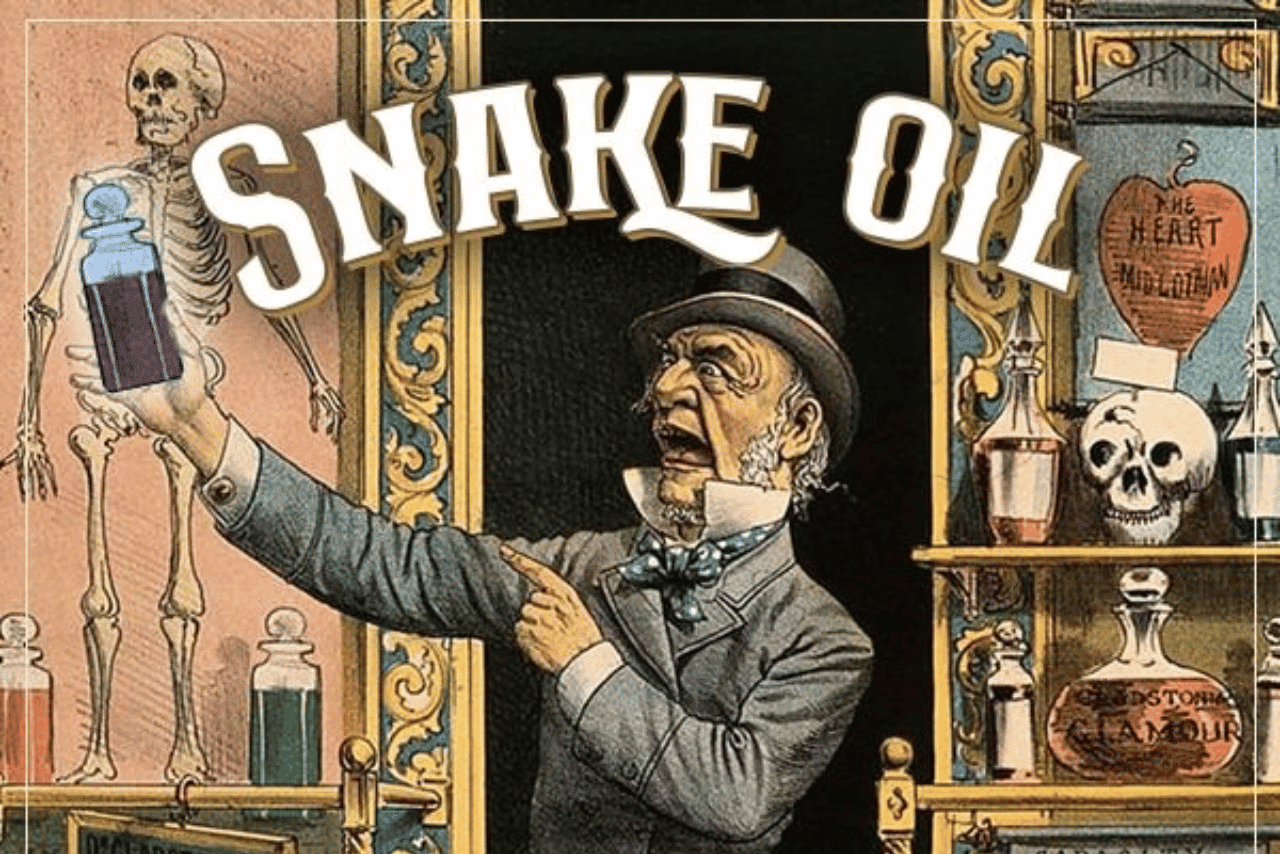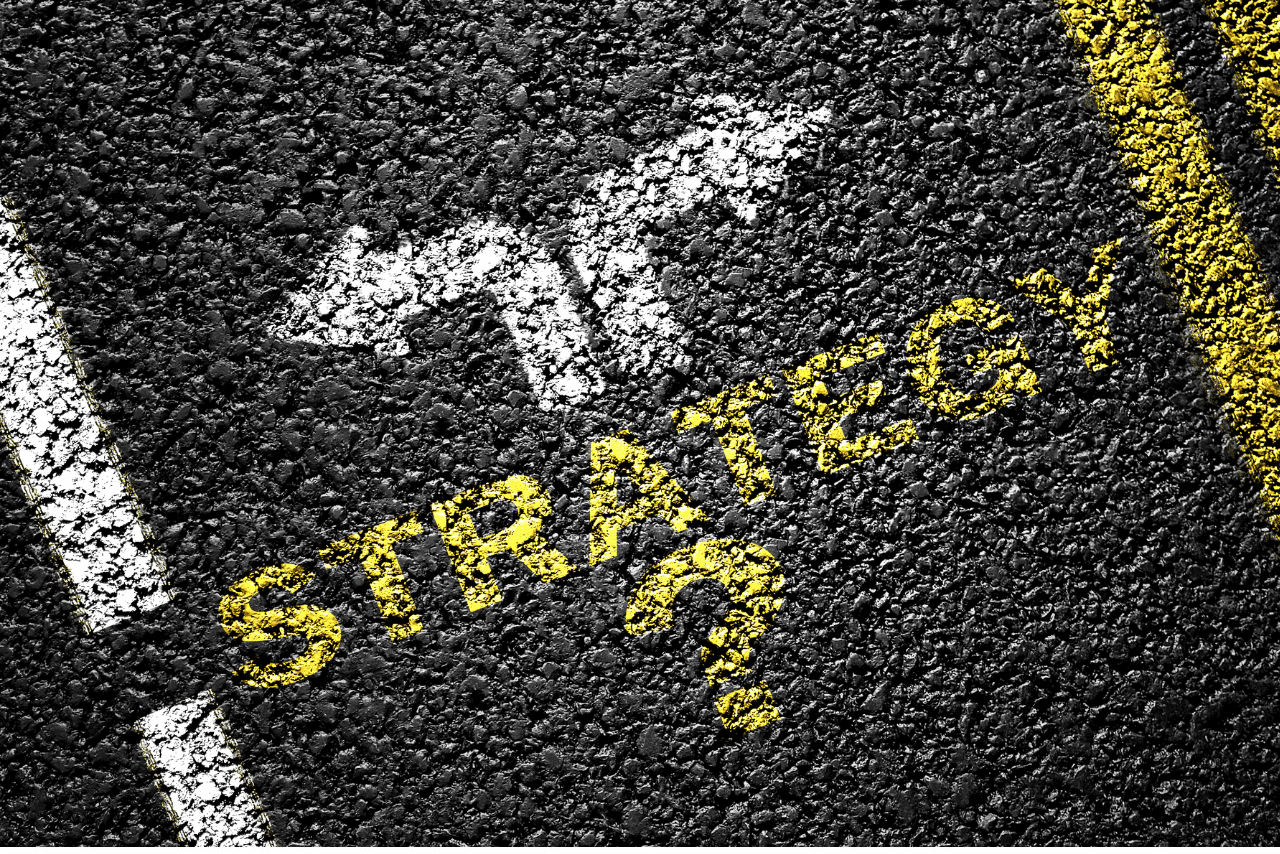In the past year, a troubling trend has emerged in corporate America. Companies that were once seen as leaders in Diversity, Equity, and Inclusion (DEI) initiatives are now dismantling these programs, citing legal and economic pressures. Meta made headlines first by ending its fact-checking efforts and, and now, most recently, scaling back its DEI initiatives. Similarly, Walmart, Ford, McDonald’s and others have also reduced or abandoned their DEI programs. These actions are occurring against the backdrop of a changing political landscape, particularly influenced by the prospect of a second Trump presidency, which has heightened skepticism towards DEI efforts and promoted a race-neutral approach to workplace policies.
For many HR leaders, this moment brings up deeply uncomfortable questions: Was DEI ever more than just superficial ‘diversity-washing’? Did these initiatives have a real impact, or were they simply symbolic gestures meant to appease public opinion? As these programs are being abandoned, what will be the consequences for corporate culture, employee morale, and long-term business success?
The Political Climate and Corporate Calculations
The return of Donald Trump to the presidency has undoubtedly accelerated the rollback of DEI initiatives. His administration has signaled opposition to policies aimed at advancing diversity in federal agencies and broader societal contexts. Efforts such as Project 2025 aim to dismantle government-led DEI efforts, and corporate America has taken note.
For companies operating in this environment, the perceived risks of maintaining robust DEI programs—whether in the form of legal challenges, political scrutiny, or public backlash—often outweigh the potential benefits. Organizations like Meta and Walmart have openly cited the changing legal and policy landscape as reasons for scaling back. Others, like Ford, have taken quieter steps to align with the administration’s stance, rebranding their initiatives or discontinuing participation in high-profile indices that measure inclusivity.
“These shifts expose a harsh reality: DEI has always been conditional for many organizations. It was embraced as long as it was convenient or offered reputational or financial benefits. As the political climate grows more hostile to these efforts, their fragility is laid bare.”
The Myth of Meritocracy: Preserving Inequity Under the Guise of Fairness
One of the most common justifications organizations give for rolling back diversity, equity, and inclusion initiatives is their commitment to “meritocracy.” This concept suggests that hiring and promotions should be based solely on talent and performance, without the influence of quotas or diversity targets. At first glance, this argument may seem reasonable, even virtuous.
However, it conveniently overlooks the systemic barriers that have long distorted what is considered “merit.”Without intentional efforts to level the playing field, existing biases in hiring processes, access to opportunities, and workplace dynamics continue to perpetuate inequality. By abandoning diversity-focused programs under the guise of fairness, companies risk deepening these disparities and reinforcing the very inequities they once aimed to address. The narrative of “meritocracy” shifts from being about fairness to preserving the status quo, wrapped in language that appeals to those resistant to meaningful change.
The Moral Imperative of Leadership
Furthermore, this rollback of DEI initiatives isn’t just a policy shift; it’s a moral failure. While DEI efforts are often justified by their business benefits—more significant innovation, improved employee engagement, and access to broader talent pools—their actual value lies in advancing fairness, equity, and human dignity. These are principles worth upholding, even in the face of external pressures.
Good corporate citizenship demands more than chasing short-term shareholder or political value. It requires a commitment to doing good for its own sake and fostering workplaces that reflect the diverse societies in which they operate. When companies abandon DEI, they send a troubling message: that equity and inclusion are expendable and that their commitment to fairness is negotiable. This betrayal of trust risks alienating employees, customers, and communities who expect more from modern organizations.
The dismantling of DEI initiatives doesn’t occur in a vacuum. It has profound implications for corporate culture and employee morale. For marginalized employees, these changes can feel like a betrayal, a signal that their experiences and contributions are no longer valued. This disillusionment can lead to disengagement, higher turnover, and a loss of trust in leadership.
At the same time, these shifts can deepen divisions within the workforce. Employees who champion inclusivity may view the rollback as a failure of leadership, while others may see it as a welcome reprieve from what they perceive as unnecessary or politicized efforts. These opposing perspectives can create tension, making it harder for teams to collaborate and for organizations to maintain a cohesive culture.
The Ripple Effect: Undermining Trust and Psychological Safety
Psychological safety—the belief that employees can express themselves without fear of retribution—is a cornerstone of a healthy, high-performing workplace. Rolling back DEI initiatives undermines this safety, particularly for employees from marginalized groups who may feel their voices, contributions, and very presence are devalued. This sense of betrayal can ripple across the organization, affecting not just those directly impacted but everyone else as well.
If a company signals that commitments to equity are negotiable, employees begin to question what other promises might be abandoned and whether their own roles or identities could be next. This uncertainty erodes trust, fosters anxiety, and weakens engagement, ultimately harming collaboration and innovation.
“In the absence of psychological safety, the workplace becomes less about shared purpose and more about survival—an environment where true potential cannot thrive.”
What HR Leaders Can Do
HR leaders find themselves in a precarious position. As employees themselves, they must navigate the same political and organizational dynamics as their peers, which makes open resistance to these changes both impractical and potentially harmful to their careers. Yet, this doesn’t mean they are powerless.
In this environment, quiet leadership becomes essential. HR leaders can advocate for fairness and inclusion in ways that align with the organization’s evolving priorities. For instance, they can integrate inclusive practices into day-to-day operations—ensuring unbiased hiring processes, fostering respectful workplace interactions, and building diverse teams without framing these efforts as part of a broader DEI initiative. By embedding these principles into the organization’s DNA, HR leaders can sustain the spirit of DEI even as formal programs are scaled back.
Moreover, HR leaders must act as cultural stewards, addressing these changes’ emotional and psychological impacts. Creating open dialogue spaces where employees can express their concerns and frustrations can help bridge divides and maintain a sense of shared purpose. It’s about fostering empathy and understanding, ensuring that all employees feel heard and valued, even in challenging times.
The Legacy of Leadership
The rollback of DEI initiatives in corporate America reflects a broader crisis in leadership—a retreat from values-based decision-making in favor of short-term expediency. Yet, history will judge today’s leaders not by how much wealth they generated but by the societal impact they made.
For HR leaders, this is an opportunity to demonstrate that inclusivity and fairness are not optional extras but fundamental to the health and success of any organization. While the political and legal landscape may constrain what’s possible, culture is shaped by people’s everyday actions within the organization. By staying true to the principles of equity, even in subtle and quiet ways, HR leaders can ensure that the soul of DEI endures.
Ultimately, the question is not whether DEI is good for business—it is whether we believe in building organizations that reflect the best of humanity. That is the true test of leadership, and the answer will shape the legacy of this era in corporate America.







